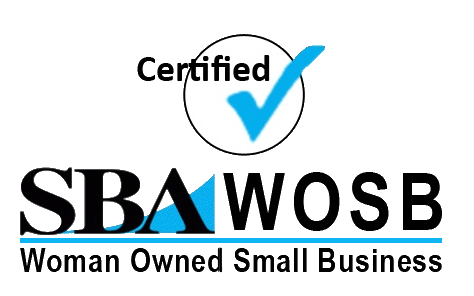Strategic Ethical Solutions®

"Leadership Grounded in Ethical Practice"
![]() Phone:
Phone:
(513) 544-9408
![]() Location:
Location:
219 Ridgepoint Dr.
Cold Spring, KY 41076
The Ethical Way to Approach Transition Issues
It can be argued that the workplace is in a constant state of transition. And that would not be an inaccurate statement. Not only does the workplace constantly evolve, but people grow and change. In an ideal world, there is ample room for growth within an organization so that talent can be nurtured and flourish without losing the best and brightest employees. It is very important to plan and implement programs to ensure success for employee growth. It is an investment that will yield great benefits for the organization.
Transitioning employees can be a complicated issue, however, when there is a disconnect between the employee and the organization about readiness. At times, an employee may believe they are ready to be advanced, but once all the factors are examined it actually is not the proper time to move them ahead. Communication is vital to keeping employees informed and engaged with their roles, and a clear path should be offered to bridge whatever gaps exist so the employee will be able to ramp up. This will send a message of support and investment to the employee that is invaluable, and will lesson the chance of disenchantment that could lead an employee to begin to look elsewhere for professional opportunities.
A transitioning issue that is often overlooked is when management jumps the proverbial gun. At times, managers will become either too close with subordinates, or have a blind spot of some kind the hinders their ability to clearly evaluate an employee's readiness for advancement. One of the most valuable pillars of support a leader can have is a system of checks and balances when making these types of important decisions. It can be that a leader invites feedback from a trusted mentor or colleague to help them problem solve through their thought process to see if it is sound. It can be disastrous to promote an employee into a role that they then cannot competently execute. That scenario will cast the employee into a crisis and call the judgement of the leader into question.
Lastly, when a decision has been reached to transition an employee out of the organization, it is imperative to be not only ethical, but also behave in a respectful manner. There are instances where behavior is so egregious it calls for a dismissal and escort from the workplace. In most instances, however, there is no reason to cause additional trauma by treating the employee with disrespect and humiliating them by locking them out of their office. If there is no threat to the company, give the employee the latitude to gather their own belongings, and offer the softest landing that is reasonable. Failure to do this can lead to severe consequences not only for the employee, but the employer as well. The EEOC exists so that employees have a place of refuge to turn to in the event they are discriminated against. Don't make the mistake of going down that road to begin with. Find a solution to the transition that is strategic, and ethical. Let us help!
Recent Posts
